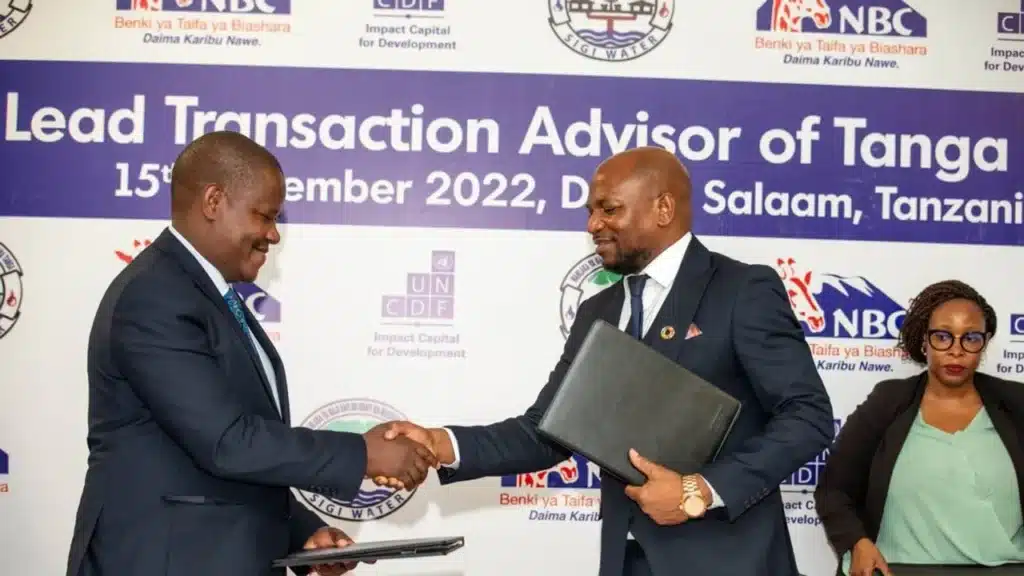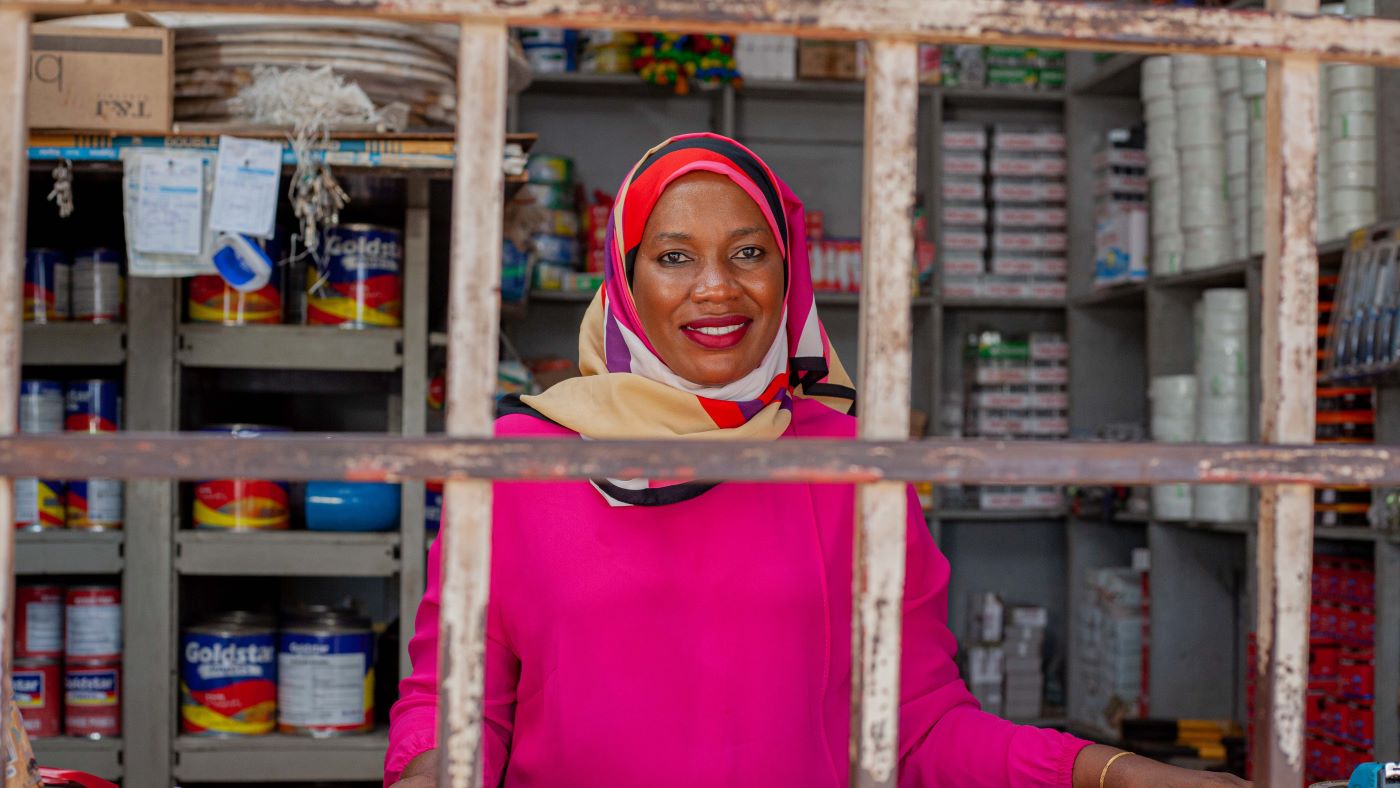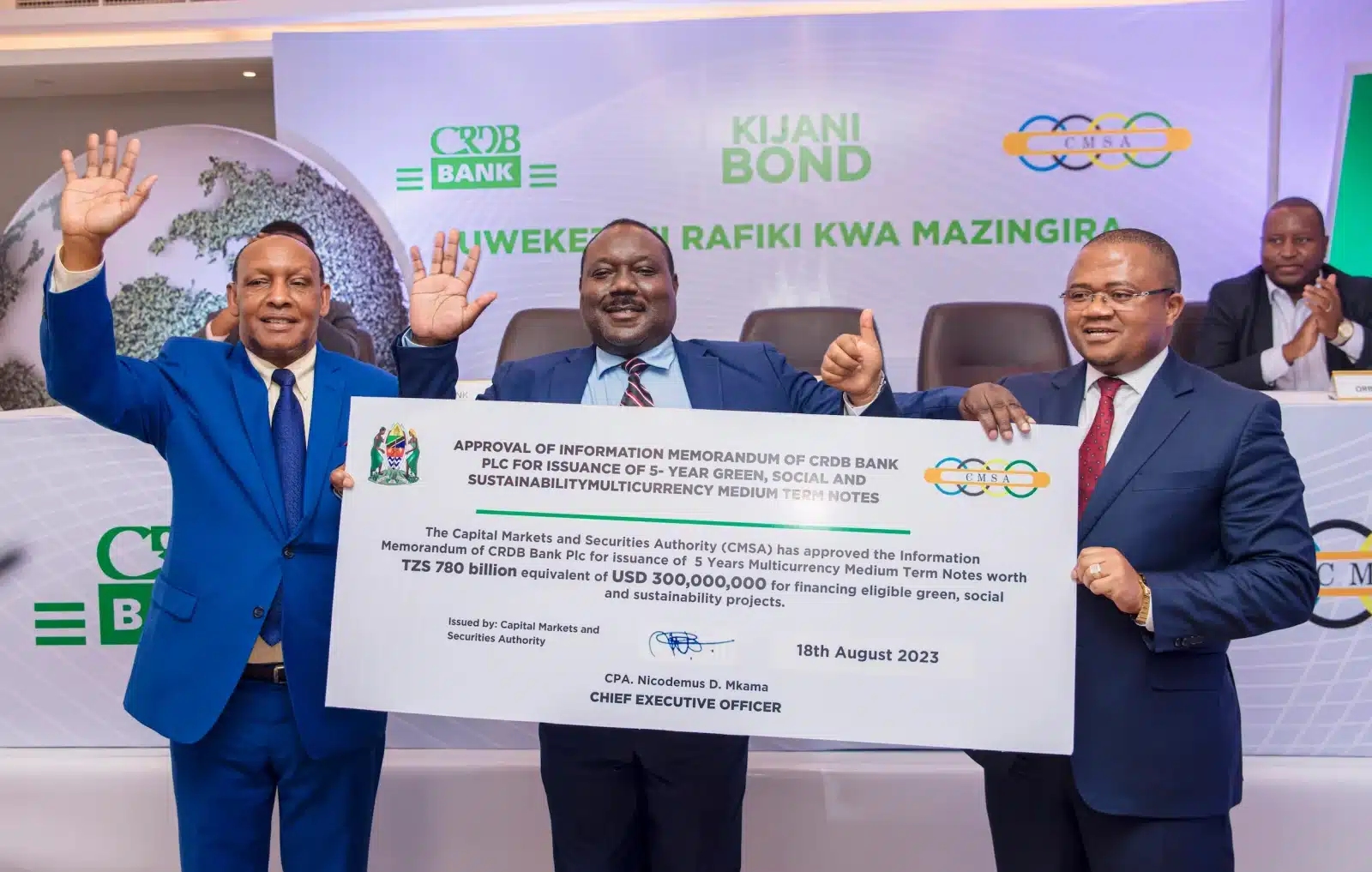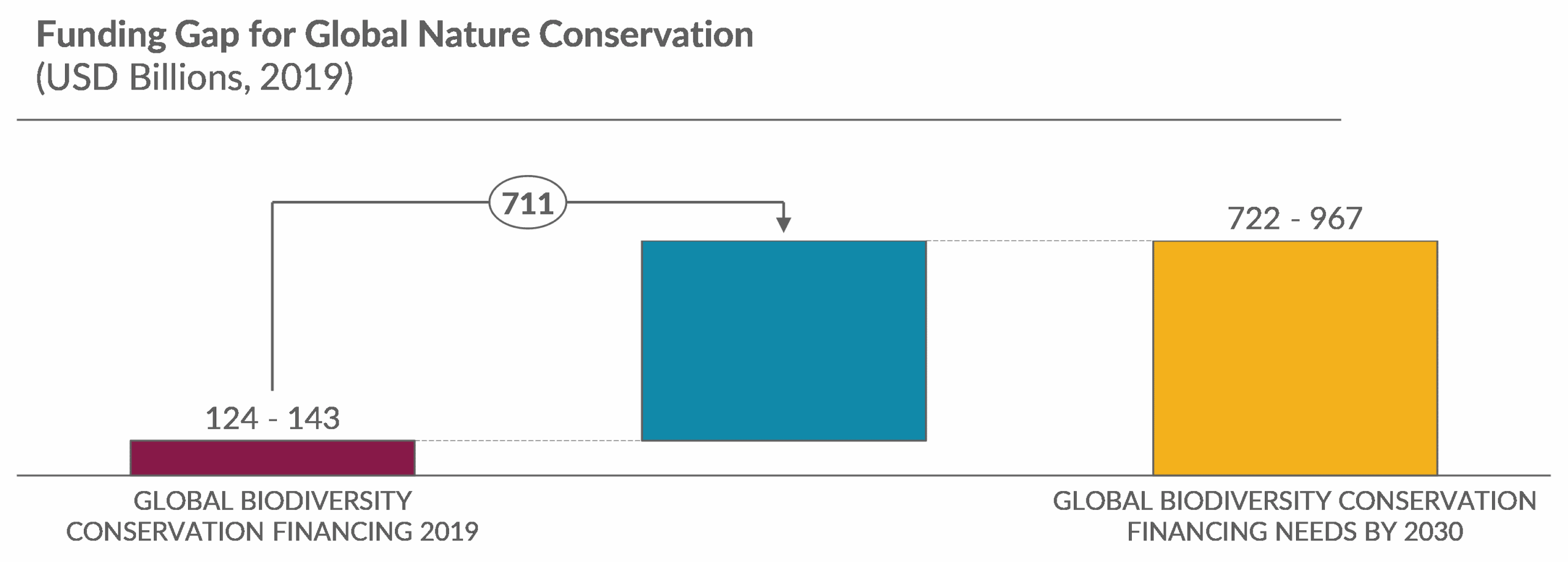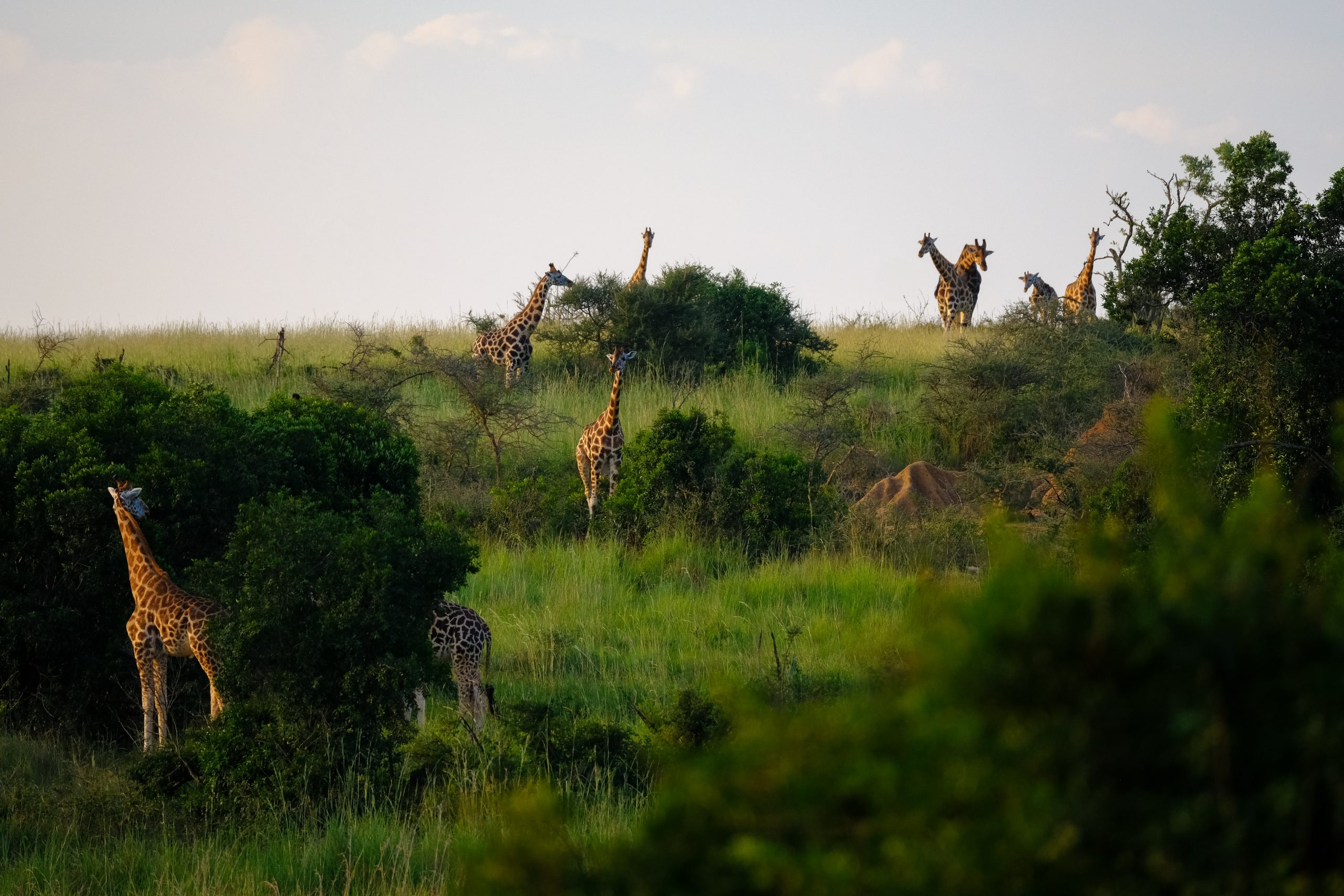The first ever sub-national water infrastructure green bond in East Africa, valued at 53.12bn/- has been issued by Tanga Urban Water Supply and Sanitation Authority (Tanga UWASA), an autonomous water utility.
The transaction is expected to finance expansion and improvement of the water supply infrastructure and environmental conservation within Tanga city and nearby townships.
The 10 year project revenue bond is to be listed at the Dar es Salaam Stock Exchange (DSE), offering an attractive interest rate of 13.5 percent per annum to be paid semi-annually.
Key stakeholders involved in preparing the water green bond includes NBC Bank as the lead transaction advisor, FSD Africa a UK-backed Africa green financing framework, FIMCO (a financial investment management company that offers professional assistance to clients looking to navigate local financial markets) and Global Sovereign Advisory (GSA), a Rockefeller Foundation linked firm advising governments on strategic, economic and financial issues which took the role of financial and investment advisory, ALN (T) a commercial law firm that acted as legal advisor, Innovex (reporting accountant), Vertex International Securities (stockbroker) and ISS Corporate Solutions (second-party opinion provider).
Water minister Jumaa Aweso said at the event that the general public, investors, institutions and individuals are welcome to visit any NBC Bank branch or authorized brokers to invest in the scheme within the offer period of six weeks.
A key stakeholder, FSD Africa in the past two years obtained a £90m commitment from the British government to initiate a new phase of financial sector development.
It said at the time that the £90m commitment from UK Aid, part of a £320m package, would help initiate an ambitious new phase of financial sector development across the African continent.
The UK Aid package includes funding for eight existing local financial sector development programmes and to set up and scale new FSDs in high-priority markets.
There is also the African Guarantee Fund (AGF), a leader in promoting financing of small and medium-sized enterprises (SMEs) across Africa and FSD Africa, a pioneering development agency committed to reshaping Africa’s long-term financial landscape.
The two signed a strategic cooperation agreement aimed at propelling the growth of Green SMEs by providing critical financial support, technical assistance, and capacity building.
The government adopted the Alternative Project Financing (APF) strategy in 2021 owing to the need to broaden its domestic revenue base to finance various development initiatives including water, energy, healthcare, agriculture, and other productive infrastructure projects.
Vice President Dr Philip Mpango praised the financing of strategic revenue generating projects through a revenue bond such as the Tanga Bond, noting that it will reduce pressure on the government budget and provide an opportunity to focus on priority social initiatives that can’t be financed via commercial windows.
He said that it was vital for the Treasury Registrar to oversee public institutions, including those serving regions, municipalities or cities to explore ways to tap long term finance via corporate revenue or municipal bond issuance.
Hamad Chande, the Finance deputy minister, noted that the bond issuance was part of the government’s Alternative Project Financing strategy which needs to be used by more public entities to finance local development projects.
They should not rely on government grants, in the same manner as the private sector and corporate entities operating in the same market.
Mark Napier, the FSD Africa CEO said the successful launch of the Tanga UWASA Water Green Bond is testimony to the power of innovative financing in driving sustainable development in East Africa.
Read original article

